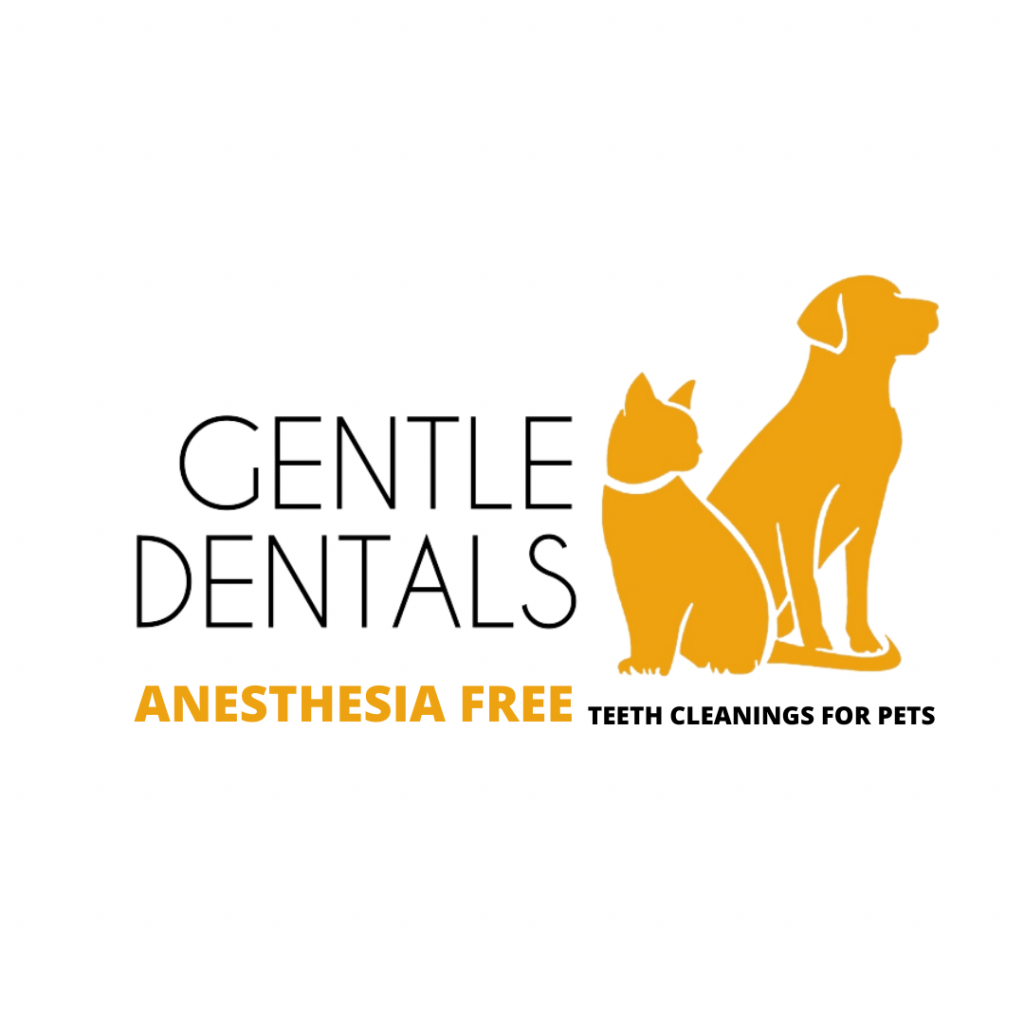When thinking about our pets’ health, a lot of aspects come to one’s mind— like their diet, their growth, whether they’re eating a decent amount, and even how active they are, but their dental care is rarely one of the dimensions that we consider. We’ll bet that some people hardly even think of the fact that their pets also have teeth, and they need the same care regimen that we award ourselves with.
Now that we’ve touched upon the fact that our pets need dental care just as much as we do if not more, it is important to highlight exactly why that is. Fortunately, in today’s article, we’re covering all the ground you need to not only understand why dental care is crucial for your pet but also the methods and techniques you need to adopt in order to make sure that you’re catering to your pet’s need for dental care.
Periodontal disease:
Impaired dental care can lead to a health condition known as periodontal disease in pets. The mechanism behind this disease is firstly the formation of plaque in a part of the periodontal tissue referred to as gingiva. This is the core of the common pet gum disease known as gingivitis, which manifests in the form of bleeding and injured gums.
The importance of pet care is evident in the fact that as this illness progresses, it damages the links and ligaments that hold teeth into the gums and result in their falling out. This condition that is marked by inflamed gums is progressive and has been mostly reported to affect dogs and cats. As the disease further evolves, it calls for tooth extraction and results in a miserable and painful condition for pets.
What is the biological process behind periodontal disease?
The bodies of animals, especially cats and dogs, are programmed to counter the presence of foreign agents by releasing white blood cells. The same occurs when our body detects bacteria within the plaque that has settled on their dental tissues. The enzymes within the salvatory cells go on to break down the gums and cause inflammation, which ultimately worsened to destroying bone tissues and the falling out of teeth.
The importance of pet dental care lies in ensuring that this morbid cycle is broken by putting extra emphasis on your pet’s dental hygiene. Since the mouths of dogs are far more alkaline than humans, the formation of plaque is easier, faster, and far more common. This would naturally mean that they would require double the dental care that humans reserve for themselves, but unfortunately, most pets rarely have their teeth brushed.
How periodontal disease affects other organs:
It is not new knowledge at this point that periodontal disease damages the mouth and its internal parts severely in pets, but the even worse news is that it does not stop there. In fact, periodontal disease makes a beeline for the most vital organs in an animal’s body. Since bacteria are the prime cause of periodontal disease, it comes as no surprise that it travels from the mouth towards the entire circulatory system.
The entering of the bacteria into the circulatory system means that it has direct access to the heart, liver, and even the kidneys. It is safe to say that the importance of dental care in pets does not solely restrict itself to the oral health and hygiene of pets but is a precursor for their entire physical wellbeing. Hence, ignoring the dental health of pets is significant malpractice that has ruthless consequences.
How to identify periodontal disease:
There are plenty of red flags that you can look out for if you suspect that your pet has fallen prey to this illness. Firstly, you can check the general health of their gums. It is pretty easy to identify tender, inflamed, or injured gums. It is also important to note whether gums are bleeding or if their coloring has darkened. Bad breath along with blood in the saliva are also solid signs that you should take your pet to the vet.
Discoloration of the teeth, as well as detection of excessive and visible plaque on the pet’s teeth, are warning bells that periodontal disease has claimed a pet’s oral premises or is close at bay. Swelling of gums and other mouth areas, along with a portrayal of reduced eating stemming from painful chewing and mastication. In general, any odd activity or description related to your pet’s mouth is often an indicator of periodontal disease.
The severity of periodontal disease and how it manifests speaks volumes about just how important dental care is for pets. If your pet shows difficulty in picking up food pieces with their death or displays obvious gestures or acts that indicate that they are in pain when using their teeth, then make sure to get them checked out even simply out of prevention, which is a whole lot better than untimely regret.
In addition to physiological and physical changes, some behavioral manifestations also present themselves that can prove valuable for an early and treatable diagnosis. If your pet is suddenly uncharacteristically aggressive, has formed a habit of smacking their gums in an unusual and uncomfortable manner, and even goes as far as ignoring the chew toys that they regularly enjoy, then you can pinpoint the presence of periodontal disease.
How can you prevent the occurrence of periodontal disease?
There are a number of steps and precautions that can be taken relating to dental care that can save your pet from succumbing to this painful and rapidly evolving disease. For instance, regular professional oral check-ups are a must for your pet. These oral checks ensure that regular professional cleaning sessions are carried out frequently.
Furthermore, it is important to make sure that everything your pet puts into their mouth, from food to their chew toys, is healthy and appropriately sanitized. The importance of dental care in pets is such that it determines their prospect to live a healthy life marked with longevity.

